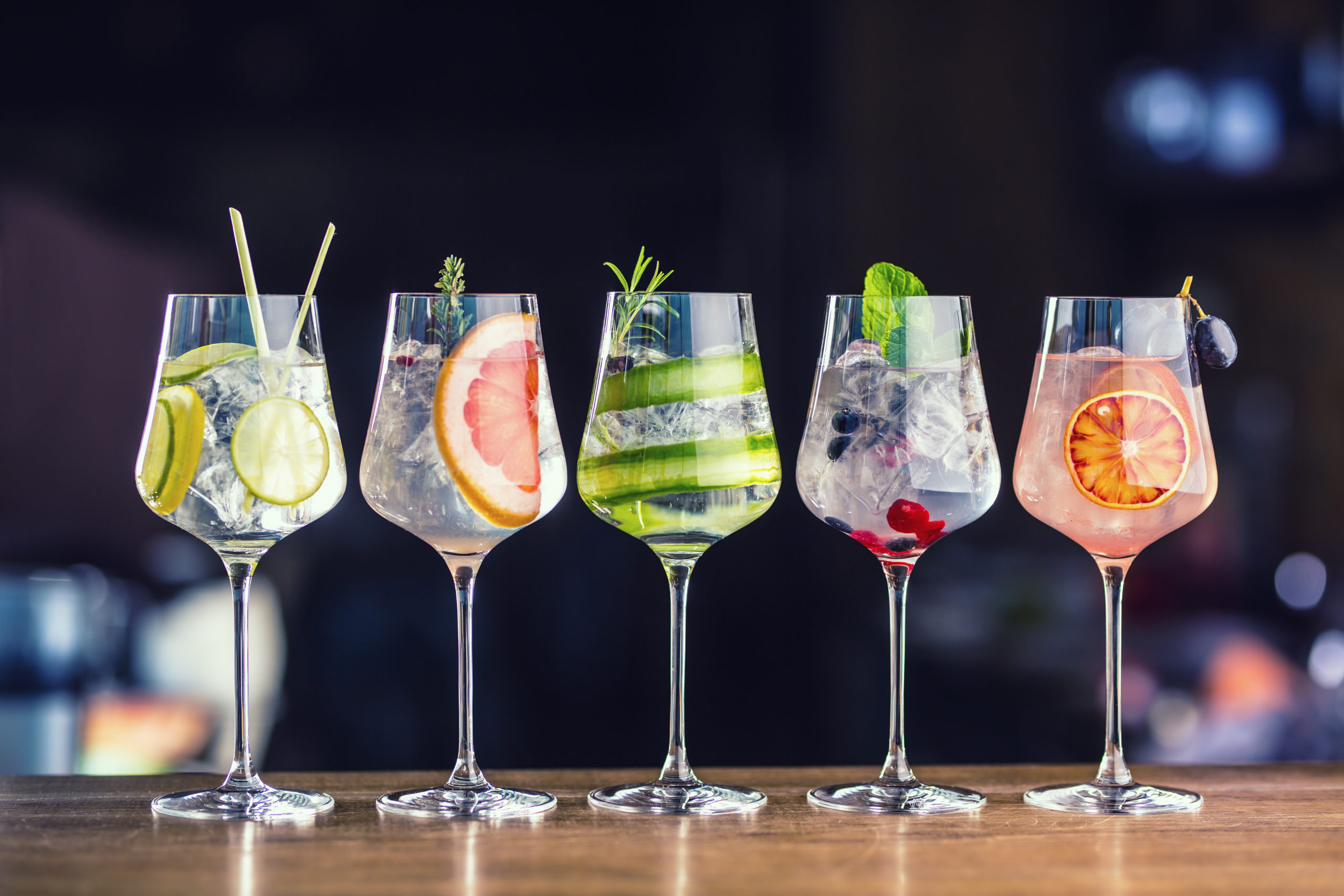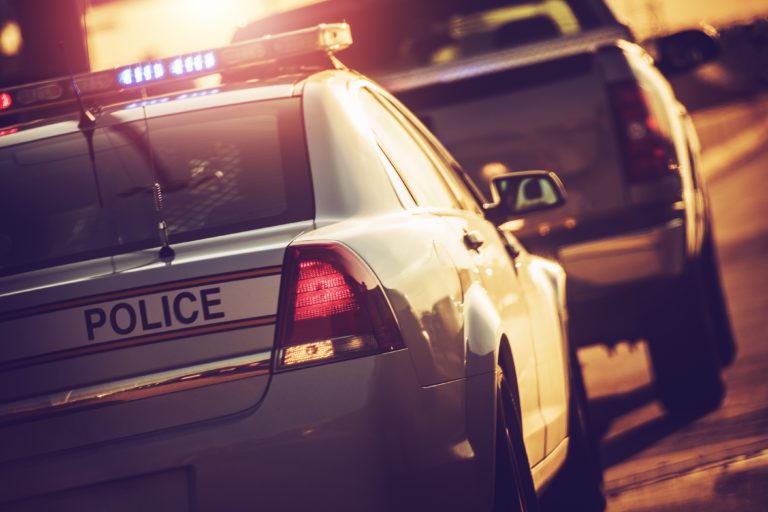As Dry January comes to a close, some interesting stories have been coming forth about a trend to remove all alcohol from people’s lives. For many, the choice to first drink may revolve around socialization or trying to “fit in” at a Happy Hour. But what if those occasions now offered the same unique blends of taste, minus the booze? And what if a trend began to emerge where people chose to celebrate Happy Hours with “mocktails” and “zero-proof drinks?” According to several sources, that has become a major reality for millennials and Gen Z’ers across the U.S.
Both CBS and Food And Wine magazine have been reporting on this growing fad. CBS singled out some of the most popular nightspots in New York, which now pride themselves on crafting alcohol-free beverages. As several bar and restaurant owners confessed, these drinks have actually become more popular among connoisseurs. And they are rewarding for the mixologists as well, who use unique ingredients to simulate the flavors of classic cocktails.
Don Lee runs the high end bar Existing Conditions in NYC. As he put it; these in-demand drinks not only bring in more customers, they help with business revenue.
“Interestingly enough, our zero-proof drinks are more expensive to produce than the alcoholic cocktails on our menu,” Lee explained. “Because we use higher quality ingredients, rarer ingredients. We put more time and effort into going from a raw ingredient to a final product, because that’s what it takes to put that much flavor into something without alcohol.”
As CBS referenced, this trend has now spread to the elite Michelin-starred nightspot Eleven Madison Park, as well as several top notch establishments in London. In fact, even big booze corporations are beginning to take notice of zero-proof concept.
As Food And Wine reported, 2019 may indeed be the year of the non-alcoholic beer. Established brands like Peroni and Heineken are both introducing sober variations of their products to the marketplace. And last year, the trend was capitalized upon by Guinness and Budweiser (to great success, we might add).
Their story also called out the fact that traditional beer sales were down in 2018. On the contrary, non-alcoholic brew products saw an uptick in revenue. Food And Wine writer Mike Pomranz attributed some of this success to the fact that people are adopting healthier lifestyles.
“Some of this growth is believed to be spawned by a general switch towards healthier lifestyles, especially with younger people,” he wrote. “And that applies not only to an interest in drinking less alcohol, but other unhealthy beverages as well. As a result, brewers are hoping to position zero-alcohol beer not only as a beer alternative, but potentially as an alternative to sodas too.”







